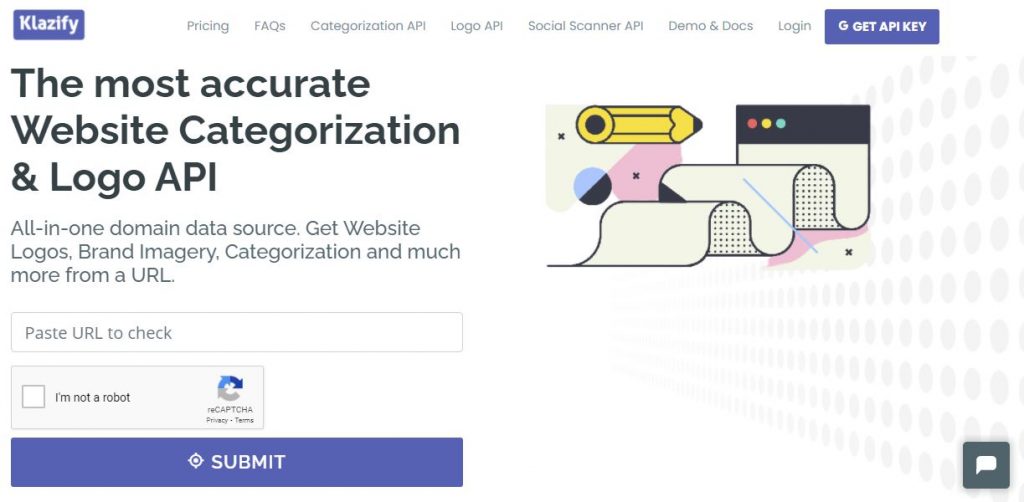If you want to turn unstructured texts into structured data, this information may be of interest for you!

What is a text analytic API?
A text analytic API is like a tool that can help you create structured data from unstructured text. The basic idea is this: we have all these people who write blogs, articles, and books about technology, but generally speaking, they’re not organized or even consistent with how they describe their experiences. So what can be done about that?
A text analytic API can help create structured data from unstructured text by extracting the information you need into a format that can be processed, which is useful for a lot of applications.
Text analysis uses Natural Language Processing (NLP) technology to analyze written or spoken language. It works by breaking down text into smaller units that can be processed by computers. These units are things like individual words, phrases, sentences, and paragraphs.
There are many ways to break down text. Some examples include identifying parts of speech, like nouns and verbs; chunking groups of words together; and dependency parsing or identifying relationships between words in a sentence. There are also many levels at which you can break down text: single words or tokens; phrases or n-grams; whole sentences or paragraphs; documents or collections of documents.
Once you’ve broken down text into smaller units using NLP techniques, you can use these units to build structured data tables that you can then easily query and analyze using
How Does It Work?
- You send your unstructured text—typically in the form of an email, document, article, blog post, or other written content—to the text analytic API. This could be just one document at a time or many documents at once.
- The text analytic API analyzes the content and extracts the information you asked for into structured data. This usually means putting it into something like a table with each row containing the name of the person who wrote something and their email address, for example.
- The API sends this structured data to you in your preferred format (usually JSON) so that it can be used by other systems as needed.
Klazify:
Klazify, is a common URL categorization API that is lauded for its ease of use, which allows professional and non-professional programmers alike to utilize it.
It is a search engine that categorizes webpages and businesses based on their specialties. Klazify’s objective is to find, compare, and categorize the best websites on the internet (up to 3 levels). Their search engine uses deep learning algorithms that are not only more accurate than other classifiers, but also more robust; this means we can deal with incorrect input data. Our API determines the confidence level, which shows Klazify’s level of faith in the classification. It can vary from 0 to 1, with 1 indicating high confidence and 0 indicating full uncertainty.

Klazify Benefits:
- Big Data: Klazify uses powerful machine learning to categorize billions of internet pages, guaranteeing that the categorization database is one of the most accurate on the market.
- Multiple uses: Customers may easily deliver services like Internet filtering, subscriber statistics, advertising networks, and fraud prevention using Klazify’s domain categorization.
- Real-Time: Is it required that you have access to the classified raw data stream? Klazify is an HTTP-based real-time data firehose.
- Futuristic: Klazify’s technology can identify content on URLs, whole websites, and IP addresses, making it suitable for security devices that don’t have access to all URLs.
- Ideal For Developers: Every API response is in JSON format, making it easy to comprehend and include in your project.
- Fresh data: Klazify’s web crawlers continually assess and categorizes new and existing websites, generates real-time results, and keeps a database.
READ MORE:
Use an API with an Offline Database to Sort Website’s Industries – TheStartupFounder.com

